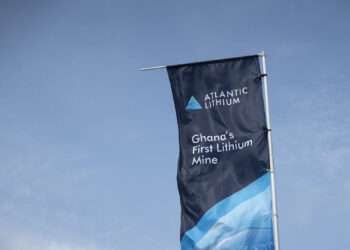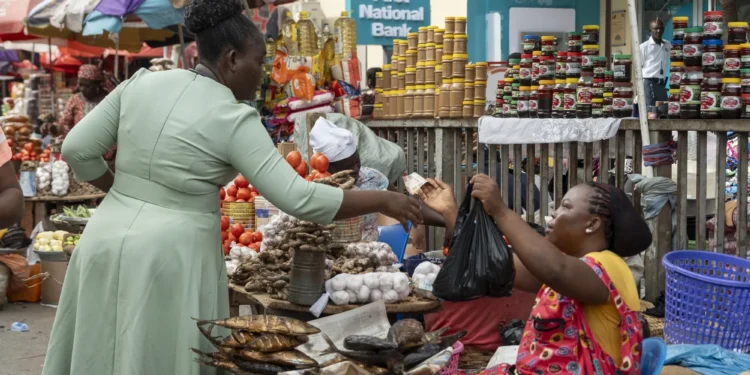The Chief Executive Officer of the Ghana Gold Board (Goldbod), Mr. Samuel Gyamfi, has reaffirmed the Board’s commitment to responsible sourcing and transparency in the gold value chain, pledging that within the next three to five years, every gram of gold bought by the Board will be traceable to its mine of origin.
Speaking at the ongoing Mining in Motion 2025 Summit in Accra, Mr. Gyamfi acknowledged the urgent need for enhanced traceability mechanisms to differentiate responsibly mined gold from illegally sourced products, particularly in the artisanal and small-scale mining (ASM) sector.
While reiterating the Gold Board’s official position against the purchase of gold from illegal mining operations, he admitted that the lack of traceability infrastructure currently limits enforcement.
“As an organization, we don’t buy illegally mined gold. That is the policy position.
“But currently, we are not in the position to know the source of all the gold we receive because of the absence of a traceability technology that can track every gram back to its origin.”
Mr. Samuel Gyamfi, Chief Executive Officer of Ghana Goldbod

The Goldbod, Ghana’s official gold aggregator and regulatory body for the precious metal trade, works closely with licensed artisanal and small-scale miners (ASMs) across the country.
These miners are critical to the local economy and, as recent data has shown, now account for more than half of Ghana’s total gold exports.
Yet the challenge remains: without a comprehensive system to track gold throughout the value chain—from mine to market—it is difficult to fully guarantee the legitimacy of every consignment.
“We have many licensed ASMs that we work with. But I must be honest to admit that we have a challenge.
“That challenge has to do with the lack of traceability.”
Mr. Samuel Gyamfi, Chief Executive Officer of Ghana Goldbod
Digital Traceability System Set for Launch

In a significant development, Mr. Gyamfi announced that by September 2025, the Goldbod will launch a new traceability system that will allow the agency to track all gold received to its source of production.
This digital infrastructure—powered by blockchain and geolocation mapping—will provide unprecedented visibility into the ASM supply chain.
“By September this year, that problem will be a thing of the past.
“With the system we are deploying, we will be able to trace every gram of gold we buy to the mine where it was produced.”
Mr. Samuel Gyamfi, Chief Executive Officer of Ghana Goldbod
The system, currently in its final stages of testing, is expected to transform the way gold transactions are conducted in Ghana, setting new global standards for transparency, especially in the ASM sector.
Once fully implemented, the system will make it possible to eliminate illicit gold from official exports while building trust with international buyers and regulators concerned with environmental, social, and governance (ESG) compliance.

Looking ahead, Mr. Gyamfi outlined a longer-term strategy for systemic reform. Over the next three to five years, Goldbod aims to reach full traceability for all gold purchased in Ghana’s domestic and export markets.
The ultimate goal is to institutionalize a gold procurement system in which only legally mined and responsibly sourced gold is permitted into official channels.
Mr. Gyamfi’s remarks come as Ghana intensifies efforts to modernize its mining sector and curb the destructive effects of illegal mining, which has contributed to environmental degradation and the pollution of major water bodies.
The Goldbod is actively pursuing partnerships with technology firms, international gold buyers, and regulatory institutions to strengthen its traceability infrastructure and verification processes.
With these strategic reforms, Ghana is taking concrete steps to align its gold trade with global transparency standards. The upcoming traceability rollout in September 2025 marks the beginning of a new era for ethical and responsible mining in the country.
READ ALSO: Access Bank and DHL Sign Agreement to Empower SMEs Across Africa Under AfCFTA























